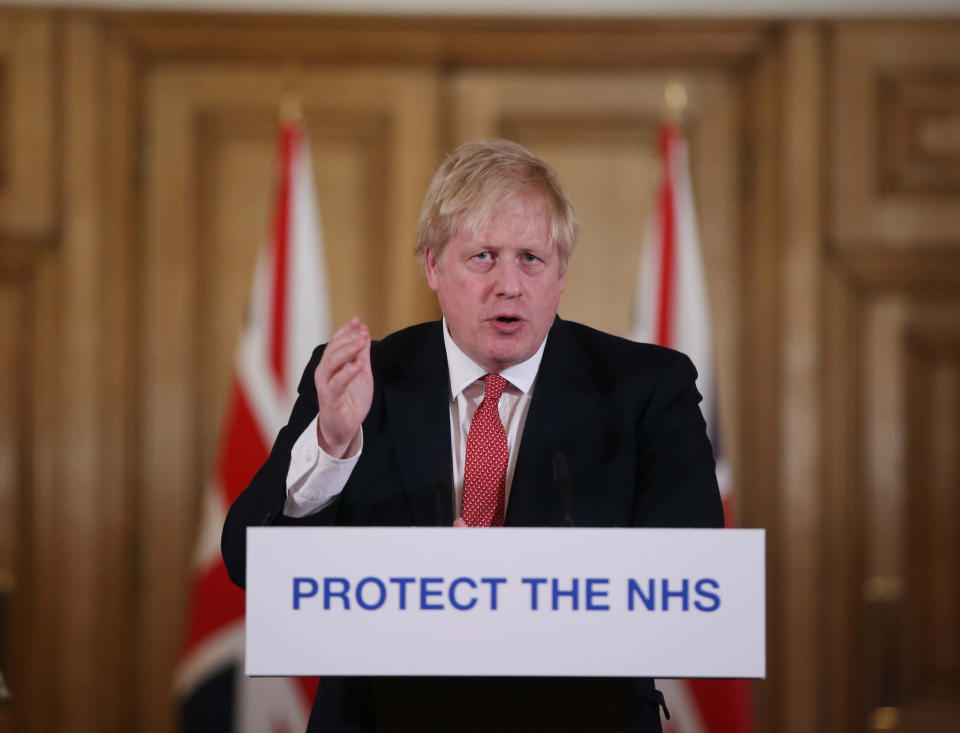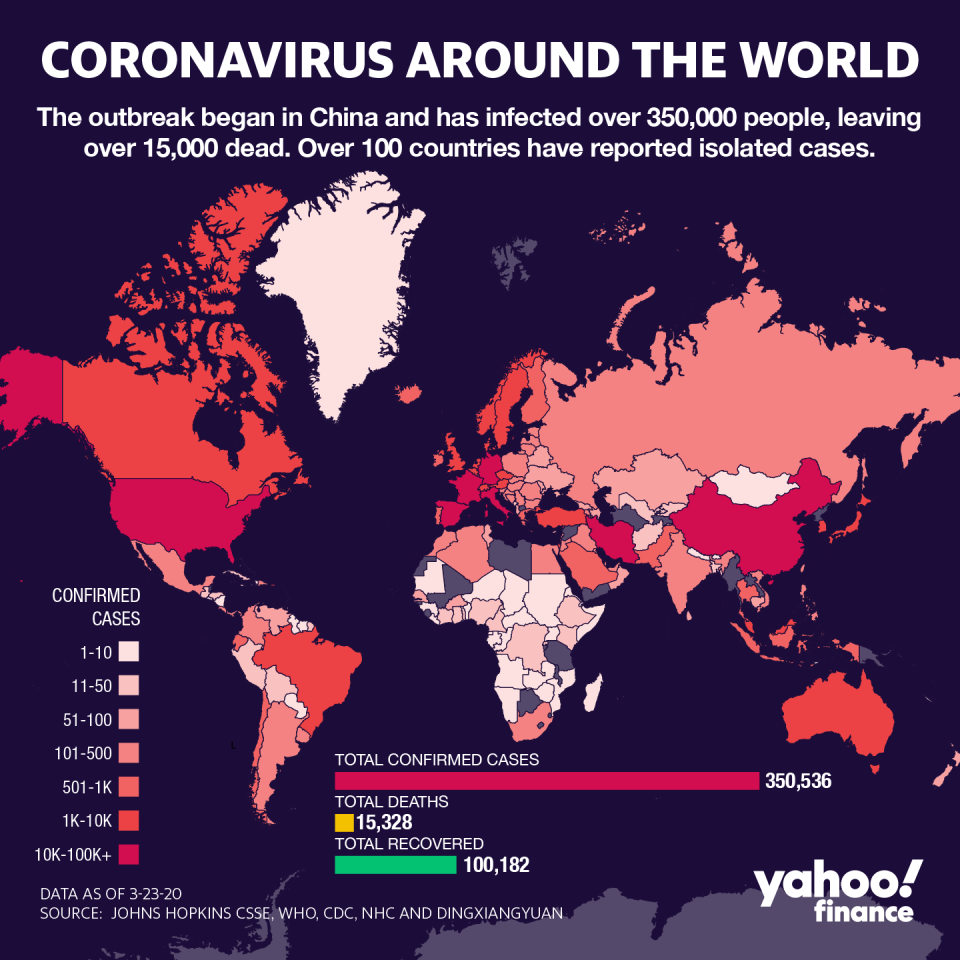Coronavirus: UK in strict lockdown with official closure of all non-essential stores

The UK government has ordered the closure of all non-essential stores, as well as playgrounds and libraries, and has imposed a range of drastic measures on public life, in a significant escalation of the government’s efforts to contain the coronavirus pandemic.
Instead of a daily coronavirus briefing on Monday, prime minister Boris Johnson made the announcement at 8.30pm local time, following a Cabinet Office Briefing Rooms meeting — commonly known as COBRA — which are reserved for crisis management.
Not only will all non-essential stores be closed but Johnson said that people will only be able to leave their home for shopping for basic necessities and on a limited basis. These movements include:
Shopping for basic necessities
One form of exercise a day
Any medical need to provide care or help a vulnerable people
Only to travel to and from work where absolutely necessary
Johnson confirmed that “if you don’t follow the rules the police will have the powers to enforce them, including through fines and dispersing gatherings.
“To ensure compliance with the government’s instruction to stay at home, we will immediately close all shops selling non-essential goods, including clothing and electronic stores and other premises including libraries, playgrounds and outdoor gyms, and places of worship.
“We will stop all gatherings of more than two people in public – excluding people you live with.
“And we’ll stop all social events, including weddings, baptisms and other ceremonies, but excluding funerals.”
It was not clear from Johnson’s speech how fines would be implemented.
The announcement follows the confirmation that a further 46 people in England have died after testing positive for Covid-19, pushing the death toll in Britain to 335. So far, over 15,000 people have died from the coronavirus in the world.
Earlier on Monday, the head of the World Health Organization said the coronavirus pandemic is "accelerating.” The UK's foreign secretary Dominic Raab then called for all British travellers to return home now. "If you are on holiday abroad the time to come home is now while you still can,” he said.
Rapid change of strategy
Calls had been mounting for the government to order stricter measures to limit the spread of the virus and save lives.
Over the weekend, Johnson warned that tougher measures would be put in place if the public did not adhere to “social distancing” requests by the government. He said, if people did not act now, the NHS would be “overwhelmed” by the “accelerating” spread of the coronavirus.
The government’s response has also included emergency coronavirus legislation, giving central government, the police and military sweeping powers to enforce self-isolation and social distancing. The measures have received support across the political spectrum, but some MPs fear for civil liberties and want a shorter time limit on the powers.
Health secretary Matt Hancock called those failing to follow official advice “very selfish” earlier on Monday.
Those at-risk people — such as the elderly and those with underlying health conditions — are strongly advised not to go out for 12 weeks to protect themselves. It was also confirmed that 1.5 million people will receive letters from the National Health Service (NHS) identifying them from being in a vulnerable or at-risk category, advising them to stay indoors for several months.

On 20 March, he had announced that all cafes, bars, clubs, shops, and restaurants should close but stopped short of imposing a lockdown. He urged that people also do not go out unless absolutely necessary. However, numerous reports showed that people were flouting the warnings — heading to pubs, parks and shops that were still open.
However, the government has switched strategy rapidly, which has been criticised for delivering mixed messaging to the public.
Johnson initially announced following the ‘mitigation’ strategy, which involves home isolation of suspect cases and their family members but allows the rest of society to roam about freely and no restrictions are put on others. This would encourage “herd immunity.”
However, the Imperial College Covid-19 Response Team, which advises the government, found that the strategy previously being pursued by Johnson and his cabinet would result in the deaths of hundreds of thousands of people and overwhelm the NHS.
They recommended the UK government to switch to the ‘suppression’ strategy, which will lead to restrictions on wider society. However, at the time, this is not a lockdown — that would involve official measures and authorities stopping the movement of people and officially imposing closures.
Aid for businesses and the economy
According to KPMG’s latest quarterly economic outlook, it warned that high street closures will push the UK into a deep recession this year.
This month, the UK Treasury announced a financial package worth 15% of UK GDP, up from a package announced the prior week, which was worth 1% of GDP, and includes £330bn ($388bn) government-back loans and guarantees to help firms survive the crisis was open for applications through leading financial firms.
“Viable” companies will be able to borrow up to £5m in government-backed loans, interest-free for 12 months.
The Bank of England’s new governor released a statement with the chairs of leading UK banks stating they were “here to help” firms and households get through the pandemic.
It said co-ordinated activity between the government and major banks in recent days meant Britain’s financial system now had “enormous scope” to provide support.
Read more: Job security fears among UK workers soar to eight-year high

 Yahoo Finance
Yahoo Finance 